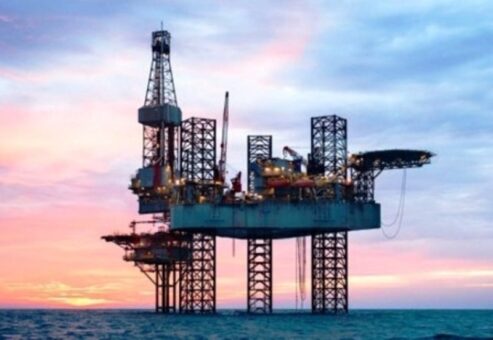KARACHI: Analysts have said that higher oil prices as a result of drone attacks on world’s largest oil facility in Saudi Arabia’s may increase the oil import bill of Pakistan.
“Our estimate suggests that for every USD 5/bbl upwards movement in oil prices will have an incremental annualized impact of around $1.25 billion on imports of Pakistan which may again deteriorate current account deficit of the country,” analysts at Arif Habib Limited said on Monday.
The analysts said that as far as macros are concerned, higher oil prices are negative for the macro-economy owing to aggravated inflationary pressure which may require further monetary tightening.
“Our estimate suggests that, for every USD 5/bbl increase in oil price, our base case inflation (9.6 percent) will have an impact of 23 bps for FY20.”
Additionally, stronger oil prices internationally may also trigger global monetary tightening which is also negative as Pakistan is expected to raise Eurobond and Sukuk (USD 2.0-2.5 billion approx.) from the international markets.
It is crucial to mention here that Pakistan has also availed a deferred oil credit facility amounting USD 3bn per annum from KSA. We expect this facility to remain undisrupted as Pakistan’s oil imports from KSA constitute a very small proportion (1.8%) of KSA’s total oil production as per our estimates.
Following drone attacks at the world’s largest oil facility – Abqaiq (Khurais oil field) in the Kingdom of Saudi Arabia (KSA), oil production has halted by around 5.7 million bbl/day which is around 50 percent of the kingdom’s total output and approximately 5 percent of the global oil production.
Brent and Crude oil opened 19 percent up DoD this morning as the supply disruption is the worst in history.
Subsequently, the US president announced release of oil from Strategic Petroleum Reserves (SPG) and announced for arrangements to be made for oil pipelines accordingly.
This development led international oil prices to adjust downwards; Brent is now trading at USD 65.44/bbl. (today’s high: USD 71.05/bbl.) and WTI at USD 59.17/bbl. (today’s high USD 61.74/bbl.), the analysts said.
“We believe oil prices in the short term will now track official announcement from ARAMCO regarding the damage assessment along with the time frame for potential oil supply restoration. As per various international media outlets, unofficial sources have very divergent views on production restoration – ranging from a couple of days to months,” the analysts said.
